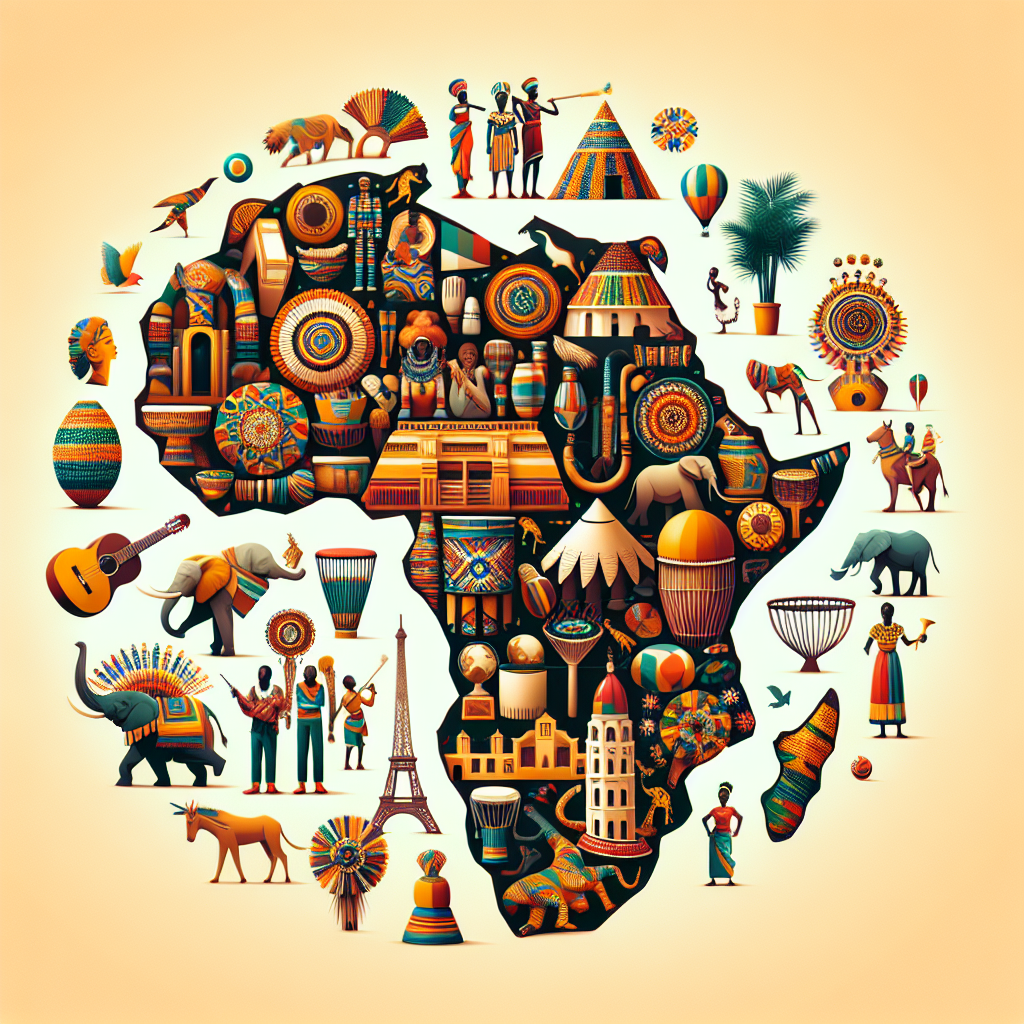Africa is often referred to as a continent of diversity, and for good reason. With over 50 countries and more than 1,500 languages spoken, Africa is a vibrant mosaic of different cultures, traditions, and peoples. Celebrating this diversity is not only important, but also enriching, as it allows us to appreciate the unique contributions that each culture makes to the larger tapestry of humanity.
One of the most striking aspects of Africa’s cultural diversity is its rich tapestry of languages. From Arabic in North Africa to Swahili in East Africa to Yoruba in West Africa, the continent is home to a wide variety of linguistic traditions. While many African countries have adopted European languages as their official languages, such as English, French, or Portuguese, the local languages continue to be spoken and celebrated in daily life.
Another key aspect of Africa’s cultural mosaic is its diverse range of traditions and customs. From the colorful festivals of Ethiopia to the intricate beadwork of the Maasai people in Kenya, each culture in Africa has its own unique way of celebrating life’s milestones and honoring its ancestors. These traditions are passed down from generation to generation, serving as a reminder of the richness and resilience of African culture.
Music and dance are also integral parts of Africa’s cultural heritage. From the rhythmic beats of traditional drums to the soulful melodies of the kora, African music is as diverse as the continent itself. Dance is often used as a form of storytelling, with each movement and gesture conveying a deeper meaning or message. Whether it’s the energetic dances of the Samba in Brazil or the graceful movements of the ballet in France, dance is a universal language that transcends borders and brings people together.
Food is another important aspect of Africa’s cultural mosaic. Each region of the continent has its own unique culinary traditions, with ingredients and flavors that reflect the diversity of the land. From the spicy stews of North Africa to the savory rice dishes of West Africa, African cuisine is a testament to the creativity and resourcefulness of its people.
In recent years, there has been a growing recognition of the importance of celebrating diversity in Africa. Organizations and individuals across the continent are working to preserve and promote traditional cultures, languages, and customs, ensuring that future generations have the opportunity to appreciate and learn from Africa’s rich cultural heritage.
As we celebrate Africa’s vibrant cultural mosaic, it is important to remember that diversity is not a source of division, but rather a strength that unites us all. By embracing and celebrating the differences that make us unique, we can create a more inclusive and harmonious world for all. So let us come together, learn from one another, and celebrate the beautiful tapestry of cultures that make Africa such a truly special place.

Leave a Reply